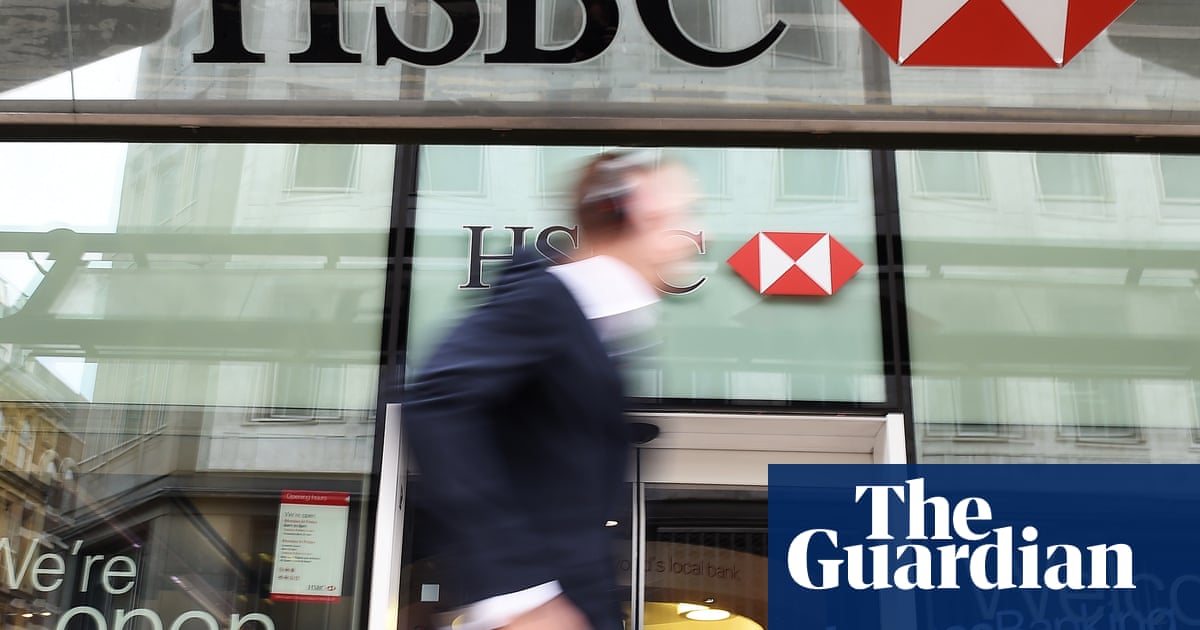HSBC Leaves Net Zero Banking Alliance: A Troubling Sign for Climate Action











2025-07-11T17:38:00Z

In a significant development for the financial sector and environmental advocacy, HSBC has become the first bank in the United Kingdom to withdraw from the Net Zero Banking Alliance (NZBA), a global initiative aimed at aligning the banking industry’s lending and investment practices with net zero targets. This departure has raised alarm among campaigners and climate activists, who view it as a deeply concerning indicator of HSBC's commitment to addressing the urgent climate crisis.
The implications of HSBC's decision could extend beyond its own operations, potentially setting a precedent that may prompt other UK banks to reconsider their participation in the NZBA. Such a trend would undermine international efforts to coordinate climate action through financial mechanisms, as the NZBA was designed to unify banks under a shared goal of reducing greenhouse gas emissions.
HSBC's exit comes on the heels of a wave of departures by major US banks shortly before Donald Trump's inauguration in January. His return to the presidency has seemingly triggered a backlash against climate-focused policies, with an increased emphasis on oil and gas production, casting doubt on the future of coordinated climate initiatives.
HSBC was initially a founding member of the NZBA, which was launched in 2021. In a statement made by the bank's former CEO, Noel Quinn, it was emphasized that establishing a robust and transparent framework was vital for monitoring progress towards net zero carbon-emission targets. Quinn expressed the need for industry-wide collaboration, stating, “We want to set that standard for the banking industry.”
The NZBA was convened by the United Nations Environment Programme’s Finance Initiative and is designed to ensure that member banks align their lending practices with net zero emissions by 2050 or sooner. While many banks have remained committed to these goals, HSBC’s decision is particularly notable given that six of the largest banks in the US—including Citigroup, Bank of America, and Goldman Sachs—had previously exited the alliance following political shifts in the United States.
As of late Friday afternoon, other UK banks such as Barclays, Lloyds, NatWest, Standard Chartered, and Nationwide were still listed as members of the NZBA. However, concerns continue to mount regarding the overall commitment of financial institutions to climate action, especially in light of HSBC's recent announcement that it would be delaying critical climate objectives by two decades and diluting environmental targets within a new long-term incentive plan for its current chief executive, Georges Elhedery, who assumed leadership last year.
The climate advocacy group ShareAction has condemned HSBC’s withdrawal, labeling it as “yet another troubling signal” regarding the bank’s dedication to combating climate change. Jeanne Martin, ShareAction’s co-director of corporate engagement, remarked, “It sends a counterproductive message to governments and companies, despite the multiplying financial risks of global heating and the heatwaves, floods, and extreme weather it will bring.” Martin highlighted the importance of this moment, noting that investors will be closely monitoring how HSBC's retreat from the NZBA translates into its corporate disclosures and environmental policies moving forward.
In response to its decision, HSBC issued a statement acknowledging the foundational role that the Net Zero Banking Alliance has played in shaping target-setting frameworks for banks. The bank emphasized, “With this foundation in place, we have decided to withdraw from the NZBA as we work towards updating and implementing our own net zero transition plan.” HSBC further reaffirmed its commitment to support customers in achieving their transition objectives and reiterated its ambition to reach net zero emissions by 2050.
 Hans Schneider
Hans Schneider
Source of the news: The Guardian